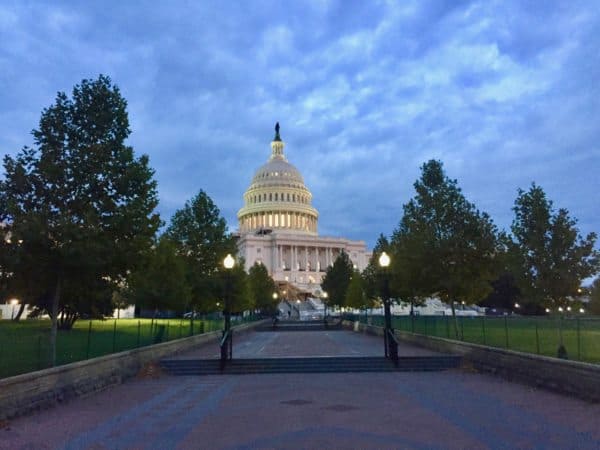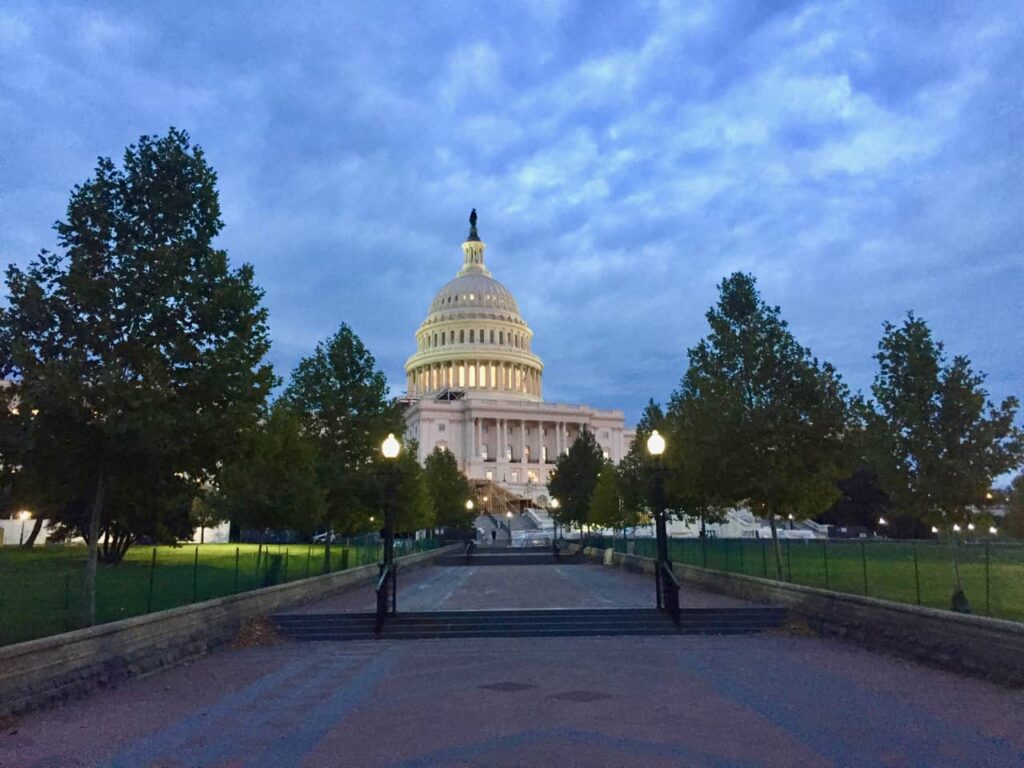
The U.S. House of Representatives approved the digital asset market infrastructure, the CLARITY Act, last July. Since then, the bill has been stalled in the Senate as members debate potential changes to the bill’s language, with Republicans circulating their draft and, more recently, Democrats sharing their version. The Democratic version has led crypto insiders to criticize the Democrats’ proposed bill.
Yesterday, the Blockchain Association released a statement on the Democratic version of the bill. Credited to Summer MersingerCEO of the Blockchain Association, she hammered the Democrats’ project.
“The disappointing proposal put forward by Senate Democrats would effectively ban decentralized finance, wallet development and other applications in the United States – an outcome that is neither feasible nor consistent with American innovation. The language as written is impossible to comply with and would promote responsible development abroad. We urge our policymakers to stay at the table, to continue to engage with each other side of the aisle and ensure that this critical piece of legislation supports – rather than hinders – our country’s development. leadership in financial technology.
Brian ArmstrongCEO and founder of Coinbase (NASDAQ: COIN), quickly weighed in, describing the proposal as harming innovation:
“This is a bad proposal, plain and simple, that would set back innovation and prevent the United States from becoming the crypto capital of the world. But legislating is a process, and we are committed to engaging and helping Congress get it right. We will continue to fight for your rights and to preserve economic freedom.”
Mersinger, in a series of messages, described the bill as “a failure,” saying what Democrats want “would make compliance impossible while pushing fintech development overseas.”
“To be clear, strong DeFi protections must be at the center of any market structure legislation. This is exactly why it is so critical that Congress gets market structure legislation right. We need clear, balanced rules that protect consumers and allow innovation to thrive in the United States,” Mersinger said.
She added that America must lead. Do not follow, when it comes to digital asset innovation.
The law on responsible financial innovationthe Senate version of the CLARITY Act, was distributed in September after a shorter version was released in July. In the bill, Republicans outline a decentralized system of governance. It also defines a decentralized trading protocol and a decentralized physical infrastructure network. In general, decentralization refers to disintermediation where a central entity acts as an intermediary in a transaction.
Although the Democratic proposal has not (yet) been widely publicized, Politico reported that a staffer for Senate Banking President Tim Scott called the proposal “unwritten in legislation, comprising multiple inconsistent policy ideas, and not a good faith effort to engage on market structure.” CoinDesk explained that one of the obstacles was the attempt to require DeFi operations to register with the SEC or CFTC and be treated like a broker.
Beyond the DeFi standoff, other special interests are seeking to change the bill.
THE North American Association of Securities Administrators (NASAA) issued a statement saying the Republican proposal would “weaken vital investor protections and expose more Americans to fraud and abuse.” NASAA is notoriously coy when it comes to any real or imagined interference in its state’s regulatory operations.
It now appears that digital asset infrastructure legislation will be delayed until the end of the year, undermining hopes that a deal could be reached sooner.
Any bill approved by the Senate will significantly change the financial services industry and markets, as the advent of digital assets and distributed ledger technology is poised to impact all asset classes, including some that have not yet been created.




